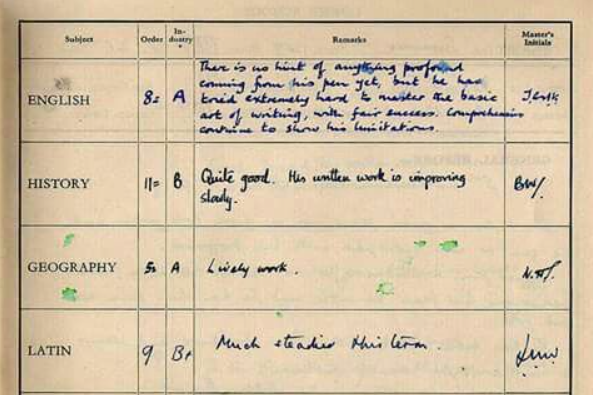“It should come as no surprise that students are often reluctant to engage in strenuous learning activities when the benefits of their efforts are so short-lived.”
The above statement about revision is unlikely to shock any teacher however that is the case for almost any assessment or exam revision. (Where “assessment” refers to the end-of-unit or end-of-year, internal and for learning, teaching activities and “exams” refer to terminal or end of qualification, external, type and for accreditation teaching activities.) And if pupils are going to be both effective and efficient in their revision, nor will it come as a surprise to you that I would advocate for spaced retrieval and / or interleaved quizzing type activities.
However, in that selection, we almost immediately encounter our first few potholes. What Koriat and Bjork (2005) refer to as “illusions of competence.” First, the misconceptions, faulty beliefs and inaccurate monitoring that often leave pupils “misassessing and mismanaging their own learning” (Bjork et al, 2013) and that lead our pupils to selecting ineffective and / or sub-optimal revision strategies. Second, retrieval requires more effort than many of the more familiar, more popular revision strategy alternatives.
Still, some students might be unwilling to make the extra effort. In this scenario, interleaving [or retrieval practice or spaced practice for that matter] is like bad-tasting cough syrup – ineffective because children refuse to use it.
Rohrer, (2012).
So these illusions and and “bad-tasting” revision is why pupils need their teachers to lead the way. We know the many forms of spaced retrieval practice is effective but can we make it even more efficient too? Possibly.
This possibility is why, for the past three months, I have been hung-up on the micro-economics of both learning and more specifically relearning or revision. Efficiencies ever more important given the sheer weight of the GCSE curriculum knowledge required.
There’s never enough time – use it wisely
Pupils have limited time to study, and thus the total time it costs is a vital consideration. In fact, we found that practicing efficiently had an even larger effect on memory than spacing usually does!
Dr Luke Eglington
Total study time plays an important role in determining the amount that can be learned, relearnt or revised, however it is not the sole determinant of learning. Let’s take a look at a few pointers that directly impact time efficiency on revising with retrieval flashcards.
How long to study a card?
There is a relationship between presentation rate and recall performance. Short and long presentation durations are suboptimal learning, intermediate presentation rate between 2 and 4s per item most efficient (Johnson, 1964, Stubin et al, 1970). Not forgetting that short retention intervals as investigated by Johnson, (1964) and Stubin et al, (1970) do not allows result in superior long-term performance (Roediger & Karpicke, 2006b).

How many trials?
Self-paced study resulted in better recall performance than most of the fixed presentation rates. The opportunity to allocate more study time to the more difficult items on a list can be one important factor determining later test performance. Also harder items may provide more learning, but take longer (especially if the student fails to remember), permitting fewer trials.
On repeated or multi trial learning, the time required to relearn items rapidly shorten and become more efficient. Relearning is super efficient in fact.

Card difficulty

More difficult questions, take longer to answer. More difficult cards are more likely to lead to incorrect responses. Feedback is an expensive time expense and consequence. The optimal difficulty is likely to vary according to the type of content and how feedback is implemented.
When do you need this information?
Optimal learning is achieved when the benefits and costs are operationalised. One key factor is how long you have to learn this information. In short time frames, fast reminders (revisiting cards quickly) might be most efficient for short inter-presentation lags. In contract, with extended time frames, longer reminders might be most efficient for longer inter-presentation lags.
Has efficiency been overlooked when relearning and revising specifically?
No, there are papers investigating efficiency, however testing effect studies (often flashcards) have mostly focused on recall performance as an outcome, not as an efficiency. Given that time is a finite resource, I am making the case that efficiency is very much part of the equation.
Takeaways
Monitor presentation times. Don’t leave the wheels spinning too long on difficult cards – rather learn from the answers.
Feedback is expensive. Learn from the answer knowing relearning is super efficient.



